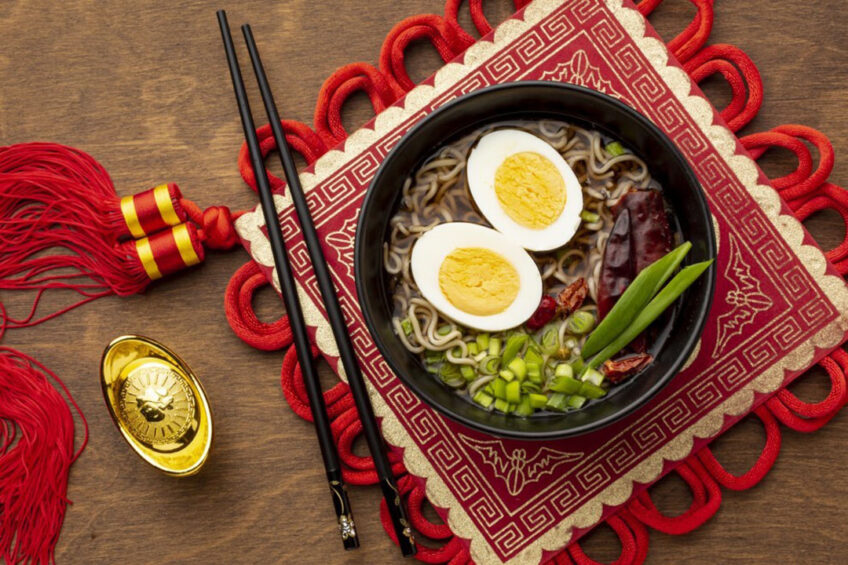Substantial growth for cage-free eggs in Hong Kong

The demand for cage-free eggs in Hong Kong will increase over current levels by 70 million eggs annually by 2025, and by an estimated 140 million eggs annually by 2028, according to a study.
According to a study conducted by Lever, demand from consumers in Hong Kong is moving toward cage-free eggs. By 2025, market demand for cage-free eggs will increase over current levels by 70 million eggs annually across various sectors:
- Retail industry: 43 million cage-free eggs
- Restaurants and cafés: 5.5 million cage-free eggs
- FMCG industry: 1.5 million cage-free eggs
- Food service industry: 3 million cage-free eggs
- Hospitality industry: 17 million cage-free eggs
Food safety, quality, and animal welfare benefits
Lever notes even though the cost and purchase price of cage-free eggs is higher than that of caged eggs, the perceived food safety, quality, and animal welfare benefits of cage-free eggs is driving this demand.
It noted that the European Food Safety Authority conducted a study from 5,000 farms in 24 countries and reported that, compared to cage-free farms, farms with confined hens in cages were 25 times more likely to be contaminated with key salmonella strains. Eggs from cage-free hens are also more nutritionally rich, it says.
Chinese consumer insights on cage-free eggs
In China, demand for cage-free eggs is set to increase by 1.5 billion eggs annually by 2025 in response to existing corporate commitments.
Chinese food media agency, FoodTalks, and Lever China conducted a survey of Chinese consumers to learn more about end consumers’ level of understanding, purchase motivation, and price sensitivity for cage-free eggs.
The survey, with a total of 739 responses, revealed that:
- 93% of the respondents ‘agreed’ or ‘strongly agreed’ that laying hens should enjoy freedom of movement
- 75% of consumers said they would be more willing to patronize businesses that use only cage-free eggs, including restaurants, supermarkets and packaged foods brands.
- 87% of respondents said they believe that cage-free eggs have advantages for food safety and quality and are willing to pay a higher price for them.
- The highest desire for companies to use cage-free eggs came from younger respondents of which 46% were willing to spend 25% more to buy cage-free eggs in supermarkets, and an additional 40% were willing to spend 10% more.
Increasing demand and production of cage-free eggs in Hong Kong and Asia seems set to continue.
A global trend to cage-free
Numerous food companies in the region, including KFC, have pledged to purchase exclusively cage-free eggs. Burger King, for example, announced that it will use only non-caged eggs in the Chinese market by 2030.
In Europe, over the past 20 years, the proportion of eggs from cage-free hens has risen from 10% to over 50% of all eggs produced. In the US, in the past 10 years, the proportion of eggs from cage-free hens has grown from 4% to over 30% and is projected to reach over 50% by 2025. In Brazil, the number is also rising but at a slower pace.
EggTrack report
The 5th annual EggTrack report notes that 156 out of 219 (71%) tracked companies around the globe are reporting progress against their cage-free commitments. This is up from 63% in 2020, and means that the supply chains of companies who have reported progress now stand at an average of 79.35% cage-free, reports Compassion in World Farming.
In other cage-free egg news on Poultry World…
In Asia, Vietnam’s first certified cage-free egg brand has been launched; Taiwan mandates conventional cage systems label on eggs; Thailand’s CP Foods increases cage-free egg production by 30%, and; Burger King commits to cage-free eggs in Thailand.













